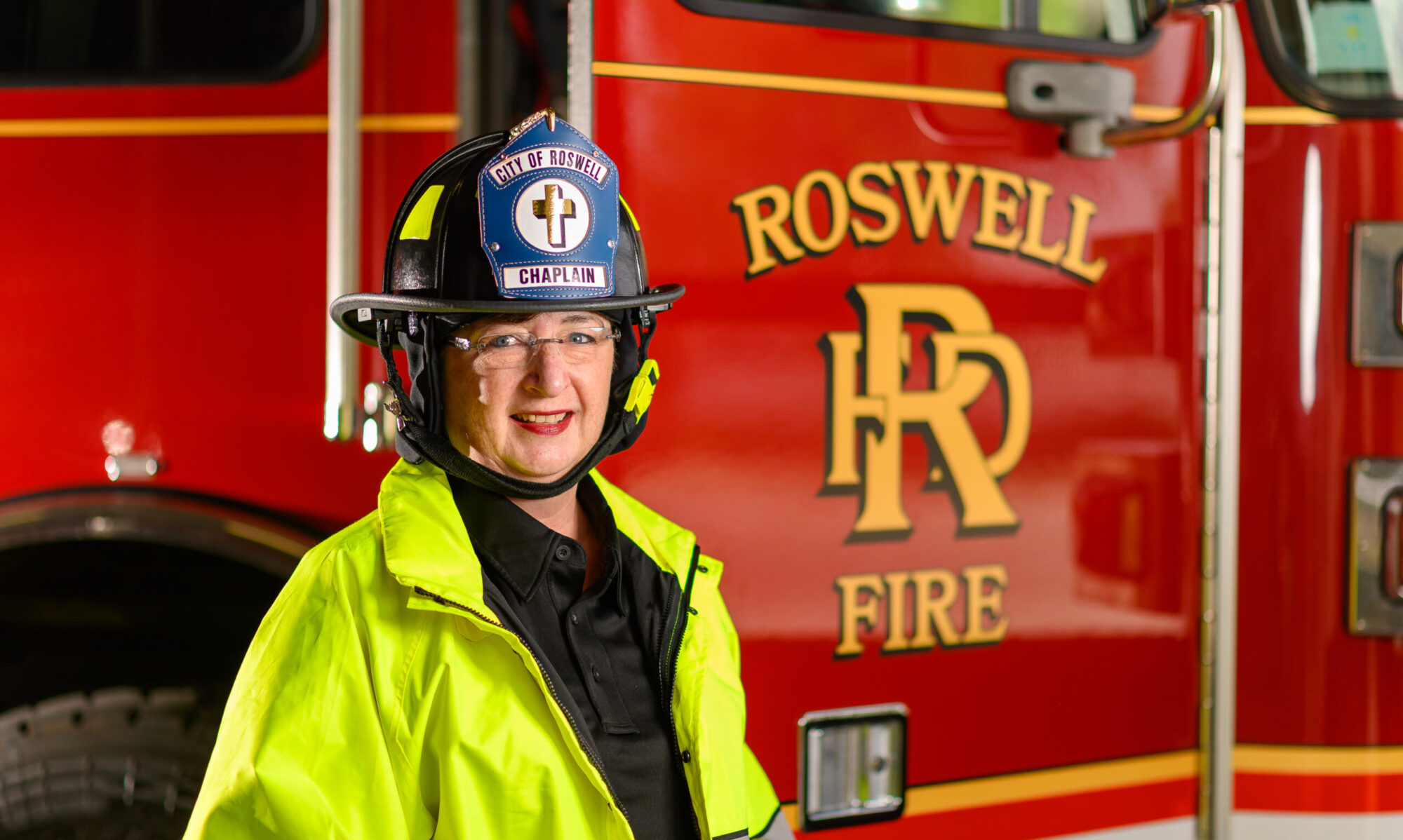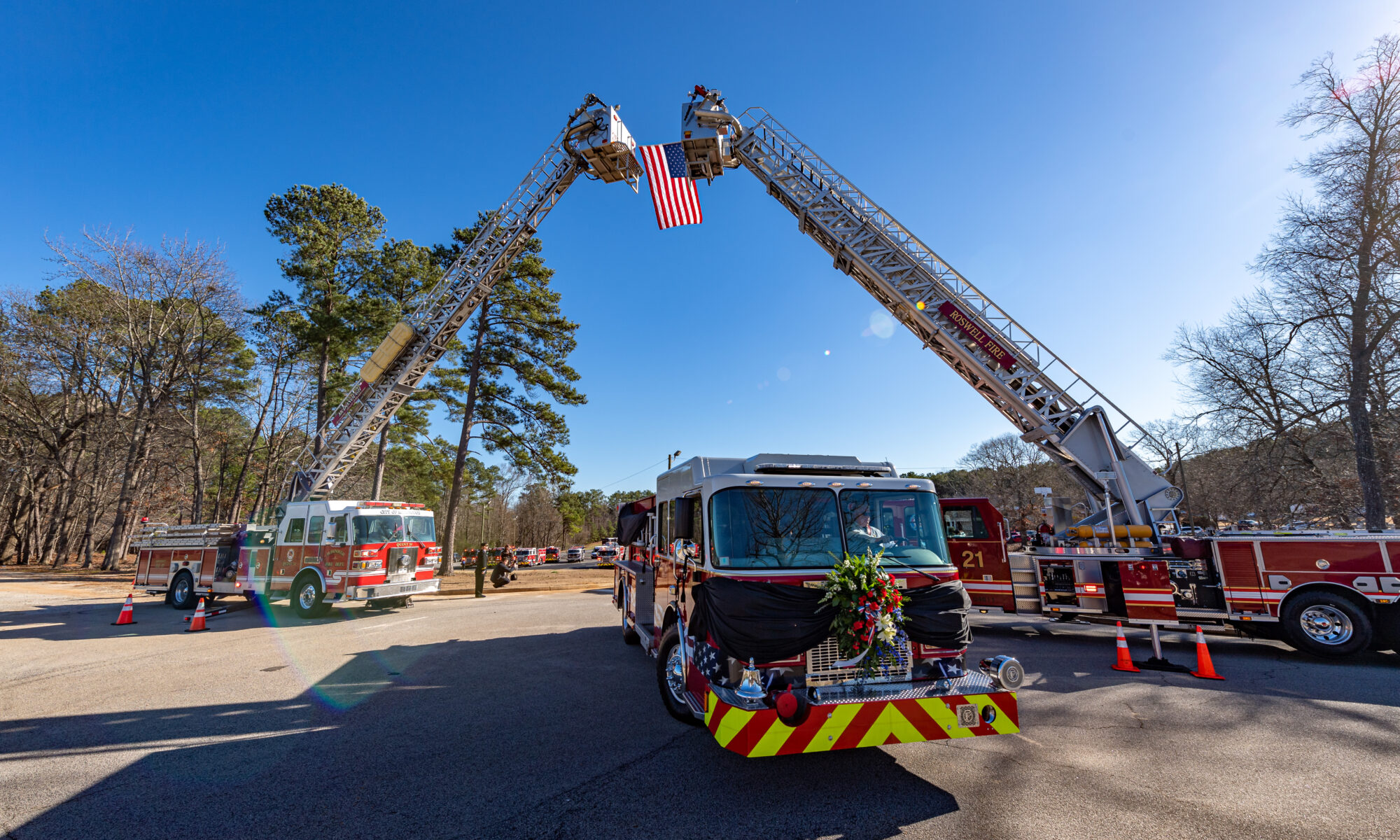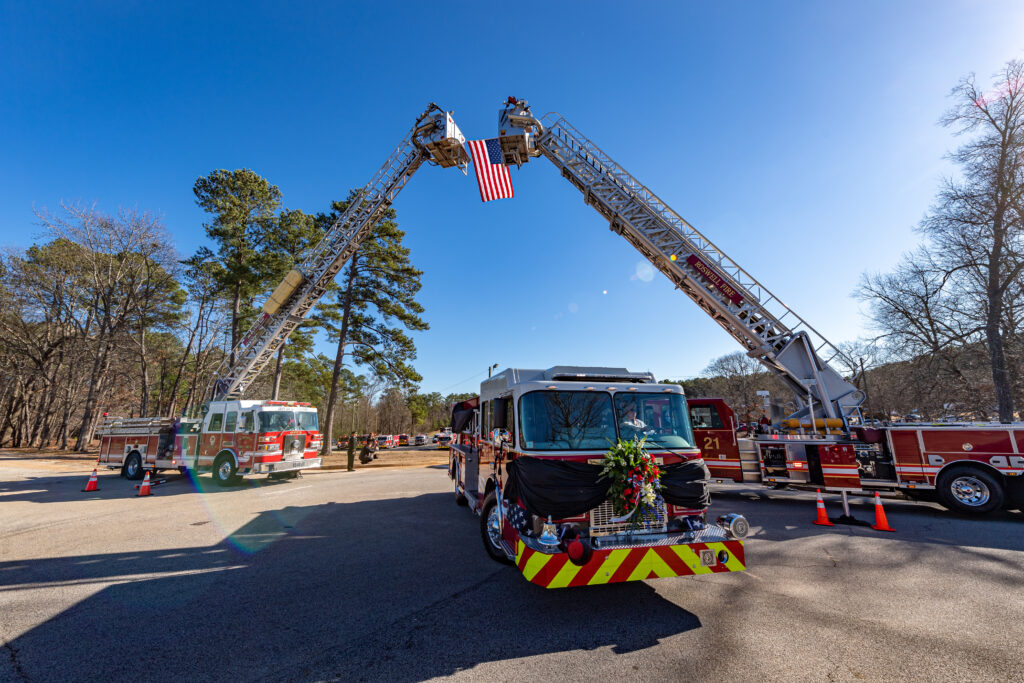
First responders deal with tragedies on a daily basis, and they must develop a level of emotional distance from the events to be professional. Although distance is a helpful coping mechanism in the short term, long term it can be harmful to the individual. Becoming emotionally distant from unfolding situations can cut off the grieving process.
We can grieve over any change, tragic or personal, it doesn’t just happen when someone dies. Changes in our daily routine, the loss of a friendship, the loss of what we thought was going to happen and suddenly cannot. Right now most of us are going through some sort of change to what was our “normal” way of life because of COVID-19 restrictions. We can name some of those uneasy feelings as grief.
Grief is an emotion many of us try to avoid or minimize. Grieving is not comfortable, so we try to move on quickly to more pleasant emotions. The truth is — we need to grieve as the emotion hits us. If we suppress the grief, other aspects of our lives can be affected.
Constant suppression of grief can lead to emotional distance in other relationships, physical symptoms of depression, as well as other physical ailments. Erich Fromm wrote, “To spare oneself from grief at all costs can be achieved only at the price of total detachment, which excludes the ability to experience happiness.”
Certainly, a level of detachment is necessary when exposed to tragic or emotional events, but complete detachment from any pain or hurt is not desirable. It can lead to larger problems, physically and mentally. Naming the loss of activities and events as grief can help you move forward.
If you are grieving a loss of events, a person, after a tragic event:
- Keep a personal journal of your feelings. Write about what you miss whether it is a person or event.
- Find a friend or group of friends to talk to regularly and share your experiences.
- Seek out a professional counselor/therapist who can help you move through the grief experience.
- Give yourself permission to feel the emotion.
- Consult one of the many resources available on grief.
It’s normal to be upset and feel down after a time of loss or tragedy. It can take up to five years to fully process the death of a loved one. We never “get over” the feeling of loss, but we do reach a point where the grief isn’t all consuming.
Grieving is a normal emotion. It is normal to feel lonely, cry and question the meaning of life. But, if you are experiencing lingering problems at work and/or at home, you may be experiencing depression.
Signs of depression include: a change in weight, difficulty sleeping, or a general sense of helplessness. Depression is treatable, but you must see a doctor.
During a time of loss and grief, treat yourself well. Don’t set unrealistic personal goals. Take time for yourself: Take a walk, work out, treat yourself to something that brings you joy, play a game of basketball, rent a funny movie, take a drive.
Remember, the people you care about want to help you through this time. Let them know how they can help. Above all, take care of yourself.
For further reading visit:
http://www.grief-recovery.com – A grief support blog
http://www.silentgrief.com – Support for all who have suffered miscarriage and later child loss
http://www.pet-loss.net – Support after the loss of a pet.
https://good-grief.org – Resources and programs
“On Death and Dying” by Elisabeth Kubler-Ross
**Part of this article originally appeared in the Southern Newspaper Publishers Association Newsletter in 2004
Disclaimer: This website is for information purposes only. By providing the information contained herein we are not diagnosing, treating, curing, mitigating, or preventing any type of disease or medical condition. Before beginning any type of natural, integrative or conventional treatment regimen, it is advisable to seek the advice of a licensed healthcare professional.


